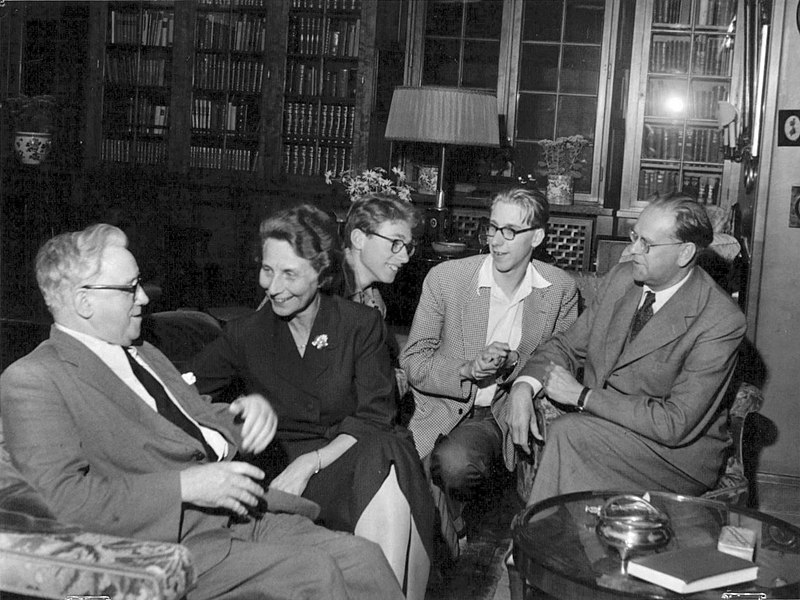Harpsund democracy
Harpshund democracy is the Swedish practice of regular tripartite consultation between government, trade unions and businesses on major policy decisions. The consultation reflects the importance of the major interest organisations in shaping and implementing policy in the Swedish political model. The assumption is that strong policy can be built on consensus between parties that may traditionally be deemed to have opposing interests.

‘Harpsund democracy’ specifically refers to informal consultation between the Swedish government, the trade union confederations (Landsorganisation (LO) and Tjänstemännens Centralorganisation (TCO)), and the employers’ confederation (Svenska Arbetsgivareföreningen (SAF)) in the period between 1955 and 1962. These took place at the Harpsund estate, which was given to the Swedish state in 1952 and regularly used for conferences and governmental entertaining.
More generally, the term describes the Swedish practice of regular tripartite consultation between government, unions and business on policy decisions. These consultations, which side step the structures of government, recognise the crucial importance of the major interest organisations in shaping and implementing policy in the Swedish political model, based on building strong policy consensus. In the late 1950s and early 1960s the same practice of democratic corporatism was common in Denmark and Norway. Thanks to the decline in conflict between social democrats and communists within the labour movement, it also became prevalent in Finland and Iceland. Consultation and negotiation between government, trade unions and business influences decision-making still, perhaps to a greater extent than in other Western democracies. Nevertheless, the practice has declined since 1990s and is no longer a formal part of policymaking. The use of the term ‘Harpsund democracy’ to describe this phenomenon remains, however, limited to Sweden.
Further reading:
- Hilmar Rommetvedt, ‘Scandinavian Corporatism in Decline’, International Research Institute of Stavanger (Stavanger: Norway, 2012)
- Mette Anthonsen, Johannes Lindvall, and Ulrich Schmidt-Hansen 'Social democrats, unions, and corporatism: Denmark and Sweden compared', Party Politics, 17, 1 (2011), pp. 118-134